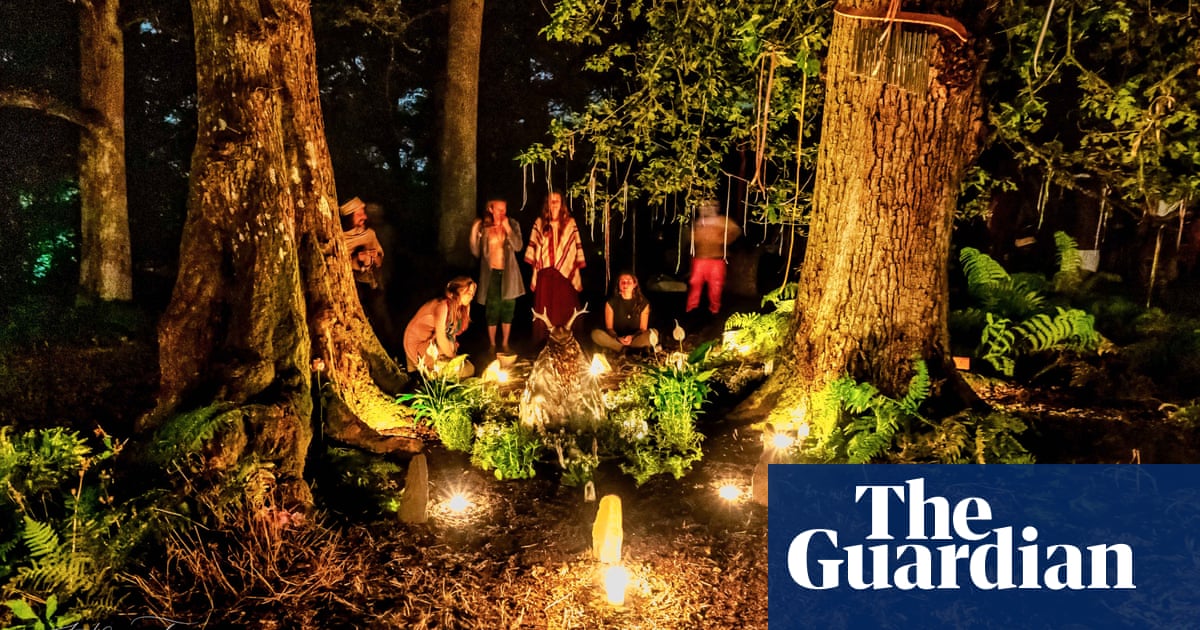
After the cancellation of this year’s Glastonbury festival cast doubt on whether this year’s UK festival season could go ahead, British event organisers say that a lack of insurance is “the biggest barrier” to their viability. But the government is resisting a commitment to providing indemnity for the sector, akin to the Film and TV Production Restart Scheme announced in July.
Many festivals are not insured for communicable diseases and the insurance market is not offering Covid-19 cover for cancellation and business interruption. In response to the Glastonbury cancellation, the culture secretary, Oliver Dowden, said on Thursday: “We continue to help the arts on recovery, including problems around getting insurance.” It is not clear whether insurance was a factor in the Glastonbury organisers’ decision.
A commitment to backing an insurance scheme would be a substantial change in policy for the government. On 10 December, Liberal Democrat MPs wrote to the secretary of state urging him to underwrite contingency insurance.
In a response dated 13 January and seen by the Guardian, digital and culture minister Caroline Dinenage said that the government was “not yet convinced by the evidence presented to date that insurance intervention is the right form of support for the events sector nor that this is the right time to consider it”.
The “evidence of market failure specific to [Department for Digital, Culture, Media and Sport] sectors must be clearly demonstrated and robust”, she said. Evidence given at a recent parliamentary inquiry hearing into the future of British music festivals after the pandemic said the vast majority would vanish if faced with a second barren year.
Asked whether the government position on backing an indemnity scheme had changed since Dinenage’s letter, a DCMS spokesperson said: “We are in regular dialogue with public health experts to agree a realistic return date for festivals and other large events. Once we are confident we have this, we will be working with organisers to unlock the barriers they face to restarting – including challenges getting insurance.”
Glastonbury’s cancellation reflected “the sad fact that the public health outlook did not make it likely 200,000 people could be together without social distancing measures in just a few months’ time”. Boris Johnson has raised fears that tough Covid restrictions may continue into the summer.
A government source said that providing insurance for music festivals required a “realistic date” for the event. The sector had said it did not want “false hope” about its prospects, the source added.
But at the hearing of the parliamentary inquiry into the future of British music festivals, Anna Wade, director of communications and strategy at Boomtown Fair, said insurance was “the first key in the door that will get everything moving”.
Sacha Lord, creator of Manchester’s Parklife festival and Warehouse Project events series, who was also at the hearing, agreed. “We have 250 artists booked for Parklife in September. They are imminently going to start wanting deposits and we need the confidence from insurance to start paying those deposits.”
Gregor Pryor, a partner at the entertainment and media industry group at law firm Reed Smith, said the government should have acted sooner to back an insurance scheme. “It’s chicken and egg – you can’t say, ‘I can only put the scheme in place once I know when it may [be viable],’ when the whole point of the scheme would enable people to plan.”
There is precedent for such a scheme. In December, Germany announced a €2.5bn (£2.3bn) fund to cover event cancellation costs. This month, Austria founded an insurance scheme to cover events that cannot be rescheduled.
Pryor raised the example of the trade credit agreement, protecting business-to-business transactions, which the government backed with £10bn in June. “With trade credit,” he said, “you don’t know if someone is going to go under or not – there’s just the risk that [their suppliers] may not pay. Whereas with festivals, there is a date and every single day that goes by poses them more risk.”
The government would continue to help festivals with the £1.57bn culture recovery fund, a spokesperson said. Many festivals have already received this support, although smaller festivals have said that the financial threshold for application – seeking a minimum of £50,000 in funding – was too high, making them ineligible. A spokesperson confirmed that the threshold for applications to the second round of the funding has been lowered to £25,000.
In 2019, music tourism generated £4.7bn spending across the UK. “There’s a whole question around the long-lasting impact of just allowing festivals to fail,” said Pryor. “The scarring would be very significant compared with perhaps delivering support earlier. Certainly it would have been better to have agreed the insurance scheme last year.”












